History on Repeat: Destroying the World’s Last Great Salmon Run
Alaska's Pebble Mine is moving forward unless Americans step up and demand Bristol Bay be protected. Permitting this mine could destroy a multi-billion dollar fishing industry and tens of thousands of jobs.
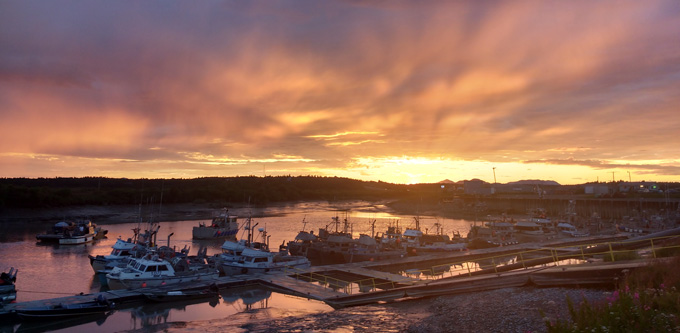
“Those who cannot remember the past are condemned to repeat it.”
– George Santayana
These words were first spoken over 100 years ago. At this time, the salmon fisheries of New England were still intact and the Pacific Northwest salmon were thriving. Lewis and Clark described “almost inconceivable” numbers of fish as they made their way down the Columbia River in 1805 – this was likely the largest salmon run in the world at the time. Today, a small fraction of these fish remain. Since then, the American dinner table has shifted from salmon to beef, and salmon populations have slowly marched toward oblivion across the continental United States.
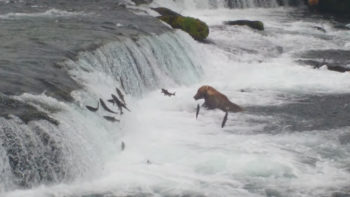 Alaska is home to the world’s last great salmon fisheries, accounting for 80% of the salmon caught in North America, and 80% of the high-value salmon caught across the entire world. The Bristol Bay fishery is valued at $1.5 billion and supports of 14,000 American jobs and a world-class recreational fishery. The majority of Bristol Bay residents are Native Alaskans, and salmon comprises 52% of the average Native family’s diet, the way of life associated with this harvest is invaluable.
Alaska is home to the world’s last great salmon fisheries, accounting for 80% of the salmon caught in North America, and 80% of the high-value salmon caught across the entire world. The Bristol Bay fishery is valued at $1.5 billion and supports of 14,000 American jobs and a world-class recreational fishery. The majority of Bristol Bay residents are Native Alaskans, and salmon comprises 52% of the average Native family’s diet, the way of life associated with this harvest is invaluable.
Can Salmon and Mining Coexist?
After 10 years of hearing fishing stories about Alaska from family and friends, I finally made the leap of faith and quit my job to go fishing this past summer. I have no ancestral knowledge of the salmon runs of yesteryear, but I read books and watched movies to prepare for what I expected to be the great debate of Bristol Bay: can salmon and mining coexist? One might imagine my surprise when I arrived in Dillingham (the regional center of governance for Bristol Bay) to discover a town absolutely united on an issue that is supposedly so divisive. I discovered that the Native Alaskans and the commercial fisherman agree. Republicans and Democrats agree. The old and young agree. The American and non-Americans agree. And they all have the exact same red and black sticker:
Pebble Mine
The Pebble Mine, proposed in the headwaters of the rivers of Bristol Bay, could become North America’s largest open pit mine and would include the world’s largest earthen dam – all in a seismically active region where the 2nd strongest recorded earthquake in the world occurred in 1960. The mine could end up bigger than the island of Manhattan and nearly as deep as the Grand Canyon. The Pebble Mine would create about 1,000 temporary mining jobs while threatening 14,000 fishery jobs. A three-year, twice peer reviewed scientific study concluded the Pebble Mine poses “catastrophic” and “irreversible” risks to the region.
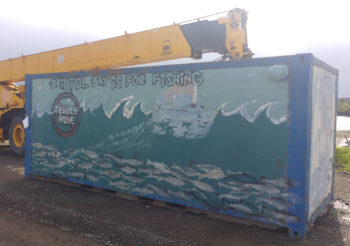 In May, 2017, EPA settled an important lawsuit with the mining company, Pebble Limited Partnership, agreeing to withdraw proposed protections in the watershed. Since then, the EPA accepted public comment on whether or not to withdraw the proposed restrictions and received over 750,000 comments supporting the proposed restrictions. In Dillingham, Alaska, over four hours of public testimony in mid-October demonstrated unanimous support of the proposed protections. Pebble Limited Partnership released plans for a smaller environmentally-optimized plan in October, but critics contend that this is just their strategy to get a foot in the door. The Pebble Limited Partnership is hoping to file the permit application in late 2017, and construction of the mine could begin as early as 2020.
In May, 2017, EPA settled an important lawsuit with the mining company, Pebble Limited Partnership, agreeing to withdraw proposed protections in the watershed. Since then, the EPA accepted public comment on whether or not to withdraw the proposed restrictions and received over 750,000 comments supporting the proposed restrictions. In Dillingham, Alaska, over four hours of public testimony in mid-October demonstrated unanimous support of the proposed protections. Pebble Limited Partnership released plans for a smaller environmentally-optimized plan in October, but critics contend that this is just their strategy to get a foot in the door. The Pebble Limited Partnership is hoping to file the permit application in late 2017, and construction of the mine could begin as early as 2020.
The Fate of the World’s Salmon
While Alaska can seem far off and distant at times, it is truly America’s Last Frontier, and this is our last chance to be stewards of this mighty fish. Yet, this is more than a fight about fish. It’s about the economy. It’s about wild food. It’s about native cultures and their right to be stewards of their own environment. It’s about the livelihood of my family and friends.
With this decision on th horizon, the world stands at a precipice. Will the fate of salmon be bargained off to Canadian mining interests? Or will we learn from the past, and act to save the last great salmon run? Only time will tell.
The fight goes on. Will you join us?
Learn more and get involved:
http://www.savebristolbay.org/
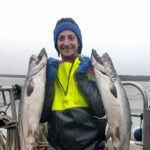 About the author: Jeremy Diner is a commercial salmon fisherman in Bristol Bay and an active volunteer at American Rivers. He has spent nearly a decade working for clean water, and the people that rely on it for health, happiness, and a way of life. He can be reached anytime at jjdiner@gmail.com.
About the author: Jeremy Diner is a commercial salmon fisherman in Bristol Bay and an active volunteer at American Rivers. He has spent nearly a decade working for clean water, and the people that rely on it for health, happiness, and a way of life. He can be reached anytime at jjdiner@gmail.com.

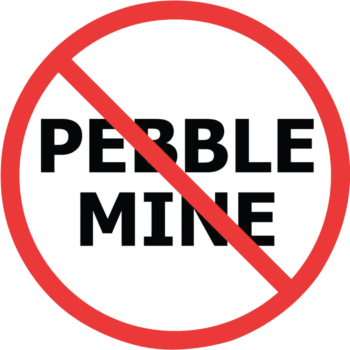
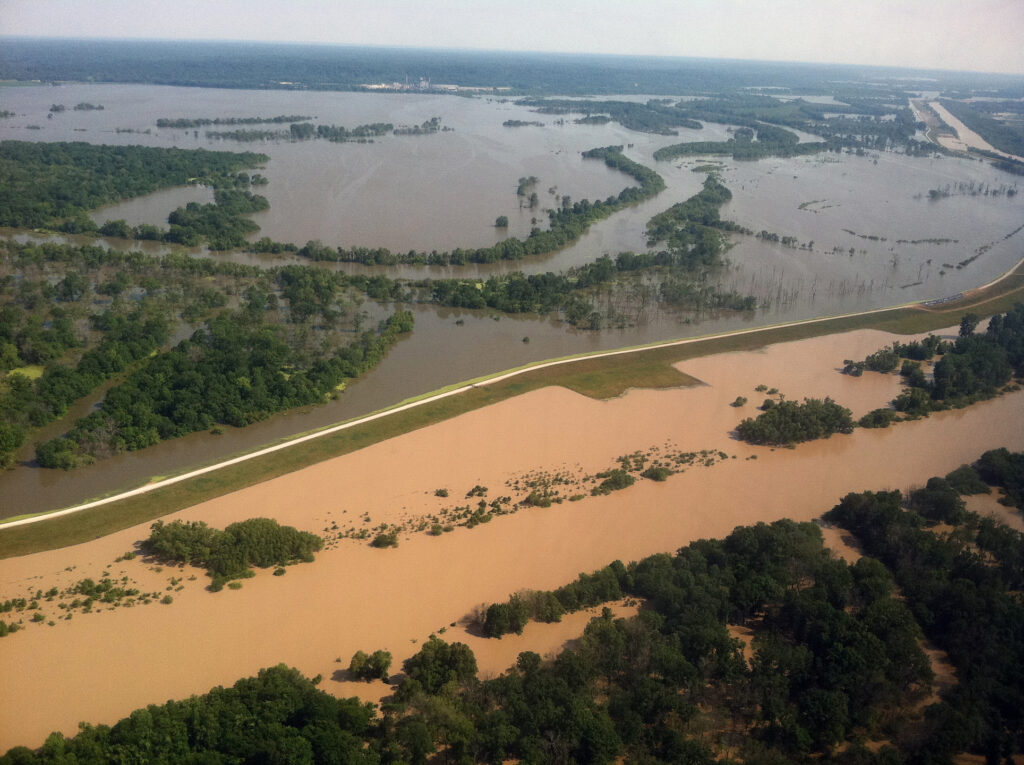
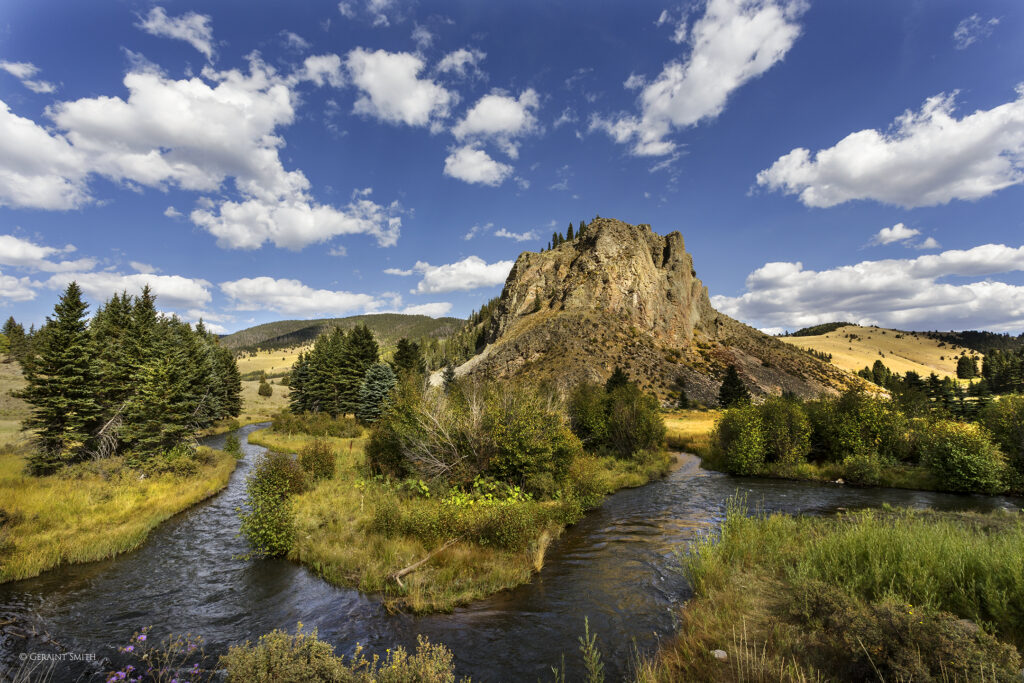
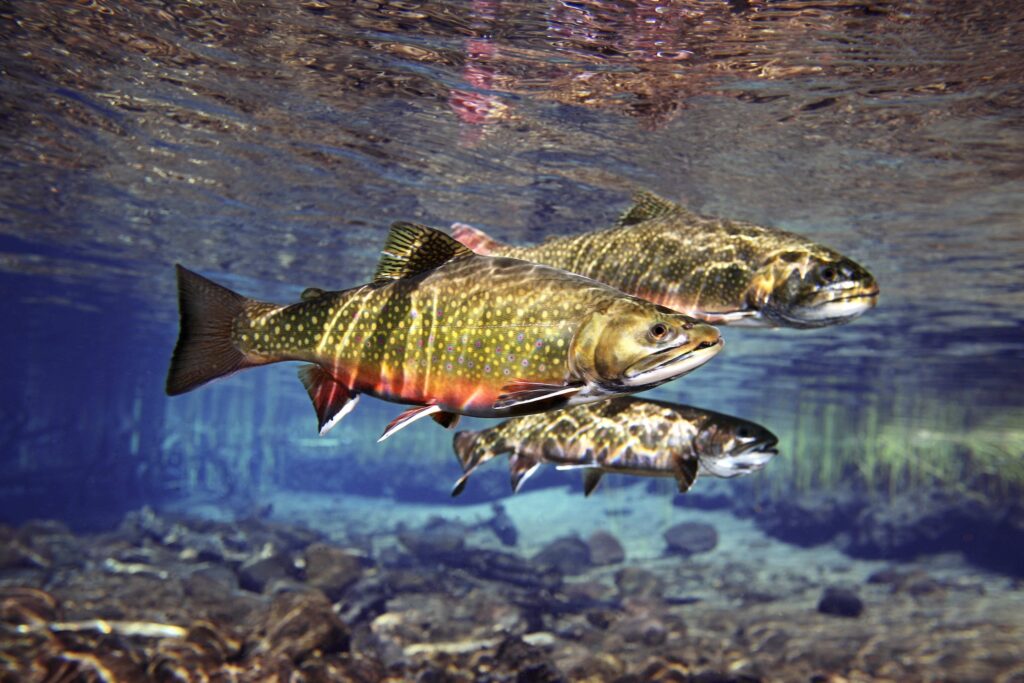
5 responses to “History on Repeat: Destroying the World’s Last Great Salmon Run”
How about this… NO to a mine that is all about the Greed of the 1%. NO to the fishing industry who are wiping out Salmon just as fast, or faster, than any mine.
Oh yes mine’s and SALMON are really good not so called HUMÀN’S greed are the best and HISTORY will show that is a fact that have wiped out the SALMON from California on every river north to Alaska 125 pound and larger were common and wiped out forever. The Columbia river was 1 of if not the king of River’s and now it’s almost nothing with the greed so 1 MORE mine and it’s always 1 more THING that THINKING IS A OLD STORY AND A KILLER. THE RICH GET WHAT THEY WANT AND LIFE IS WIPED OUT trying to save the little that’s still here is the only CHANCE TO SAVE WHATS LEFT NOT MUCH BUT WE MUST.
We need to protect the fishing industry ! No need for the Prebble Mine !
Maybe ‘invasive’ is a better adjective…
For crying in a bucket, you guys just don’t get it. The mine is being used as a ‘red herring.’ The real threat to wild salmon is farmed salmon. Get with the program, the mine will create far more revenue and employment for Alaska. Some people have nothing better to do than crying wolf. Stop playing on peoples’ ignorance over the real pervasive threat to salmon.